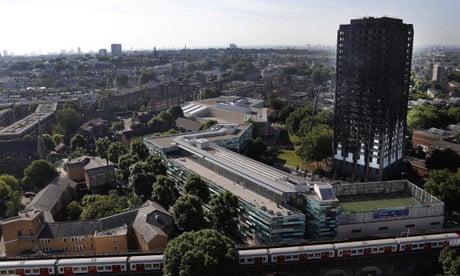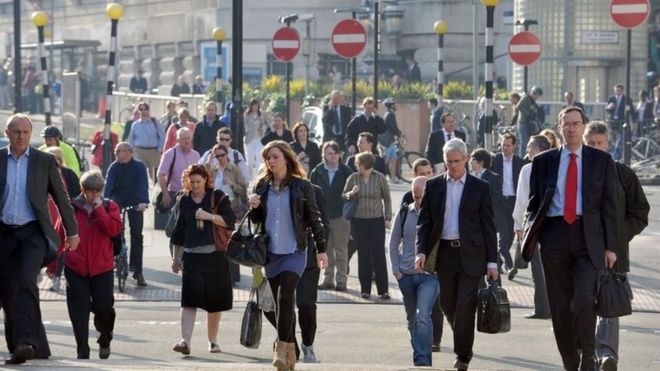ChatGPT
Al-Taqiyya is an Islamic concept that allows Muslims to conceal their true beliefs or actions in certain situations, particularly when their safety or well-being is at risk. This practice is most commonly associated with Shia Islam but can also be found in some Sunni traditions. Al-Taqiyya is often misunderstood and misinterpreted, leading to misconceptions about its purpose and implications.
The primary idea behind al-Taqiyya is to protect oneself or others from harm, especially in situations where revealing one's true beliefs could lead to persecution, imprisonment, or even death. It's a strategy of self-preservation that doesn't necessarily involve deception for personal gain but rather for survival. Al-Taqiyya is not an obligation in Islam, but it becomes permissible when one's life or safety is threatened due to their religious beliefs.
Muslims practice al-Taqiyya primarily as a means of self-preservation in situations where their safety, well-being, or life is at risk due to their religious beliefs or identity. Al-Taqiyya allows individuals to conceal their true beliefs or practices temporarily in order to avoid harm, persecution, or danger. Here are some reasons why Muslims might practice al-Taqiyya:
Protection from Persecution: In certain historical and contemporary contexts, Muslims, particularly minority sects like Shia Muslims, have faced persecution and discrimination due to their beliefs. Al-Taqiyya enables them to protect themselves from harm by concealing their true religious affiliation or practices.
Maintaining Life and Safety: Al-Taqiyya can be used when an individual's life or physical safety is at stake. If openly identifying as a Muslim could lead to harm or danger, a person might choose to hide their religious identity temporarily until the threat subsides.
Preserving Harmony: In situations where revealing one's true beliefs could lead to conflict or tension within a community or family, al-Taqiyya might be practiced to maintain harmony and avoid unnecessary strife.
Living in Non-Muslim Societies: Muslims living in predominantly non-Muslim societies might choose to practice al-Taqiyya to avoid misunderstandings, discrimination, or potential backlash from the majority population.
Avoiding Extremist Threats: In some cases, Muslims might use al-Taqiyya to protect themselves from threats posed by extremist individuals or groups who target those they consider to be "heretical" or not adhering to their specific interpretation of Islam.
It's important to note that al-Taqiyya is not intended to promote deception or manipulation for personal gain. It is a practice rooted in the principle of protecting oneself or others from harm, particularly in situations where religious beliefs are under threat. Al-Taqiyya is not an obligation in Islam but is rather a concession allowed in cases of necessity. It is also a topic of debate among scholars, with differing opinions on when and how it should be applied.
Using the term "al-Taqiyya" to describe Pakistanis praising India or its economy would likely be an inappropriate and misleading application of the concept. Al-Taqiyya is primarily concerned with concealing one's true beliefs or practices in situations of danger or threat to protect oneself from harm. It is rooted in religious contexts and is not meant to describe casual behavior or actions.
When Pakistanis praise India or its economy, it can stem from a variety of reasons that have nothing to do with al-Taqiyya. People's opinions and behaviors are influenced by various factors, such as political considerations, personal experiences, economic analyses, diplomatic goals, or even genuine appreciation for certain aspects of another country.
It's important to avoid misusing or overgeneralizing concepts like al-Taqiyya to label behaviors that might have different motivations. Applying such terms inaccurately can perpetuate stereotypes and misunderstandings. Instead, it's better to approach people's actions and expressions with an open mind and seek to understand the complex factors that influence their perspectives.







 Gautam Gambhir leaps to avoid getting hit by a shot from Michael Clarke in Delhi, 2008 © AFP
Gautam Gambhir leaps to avoid getting hit by a shot from Michael Clarke in Delhi, 2008 © AFP

